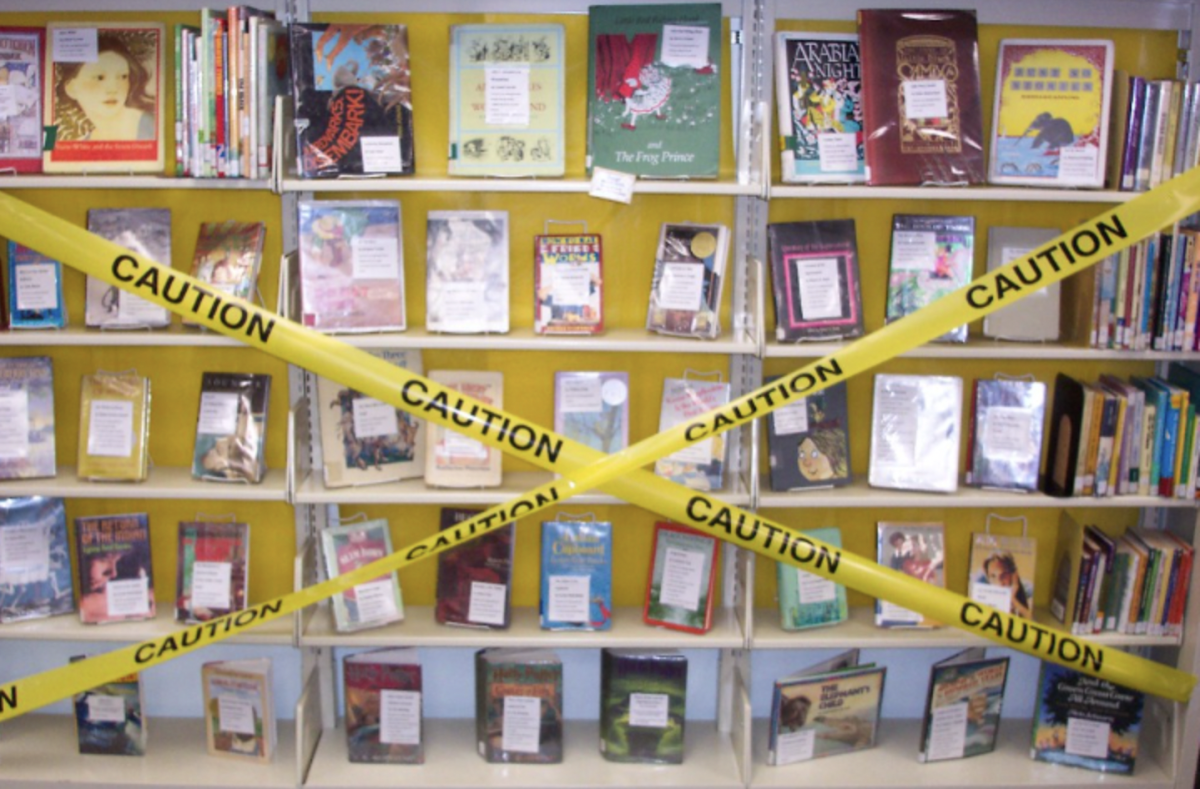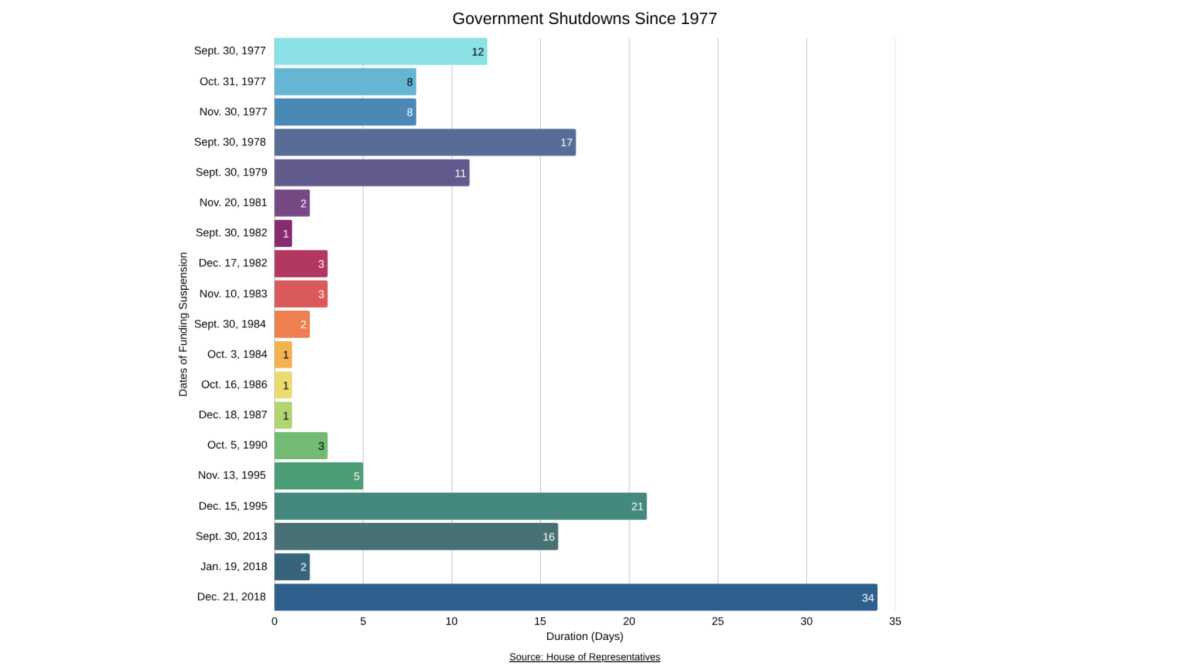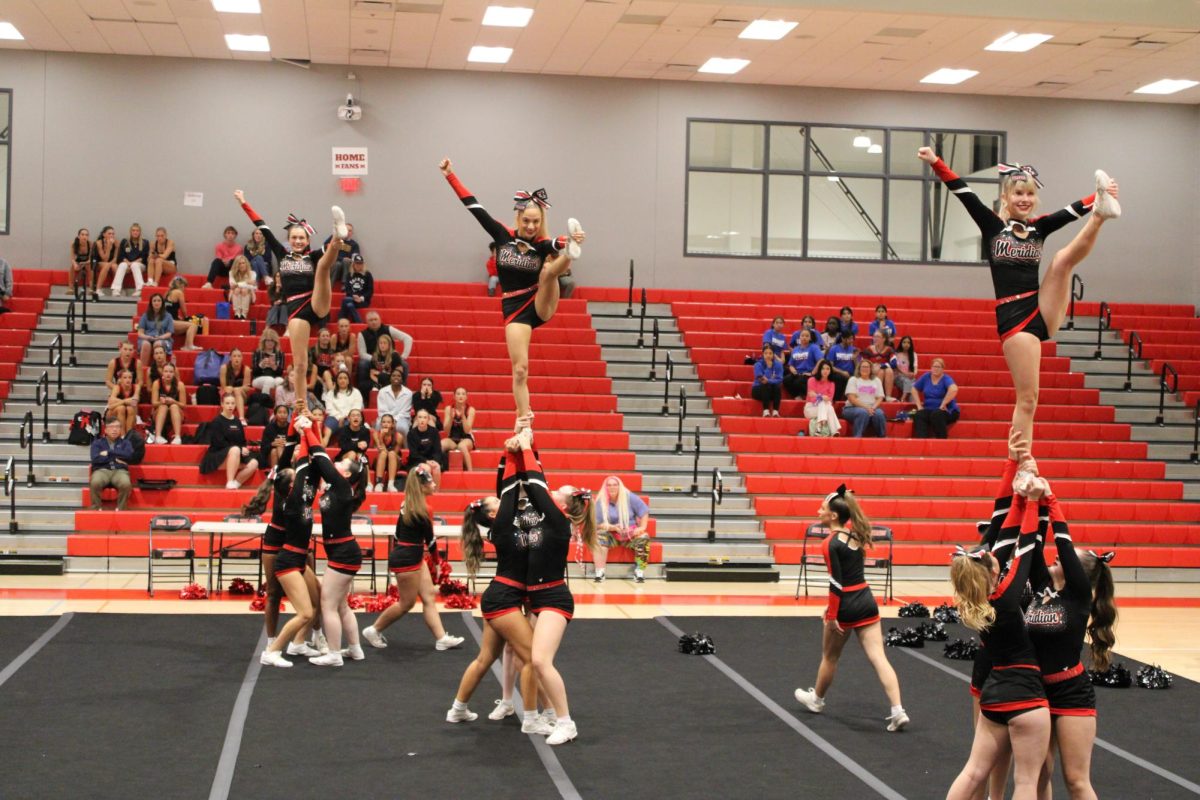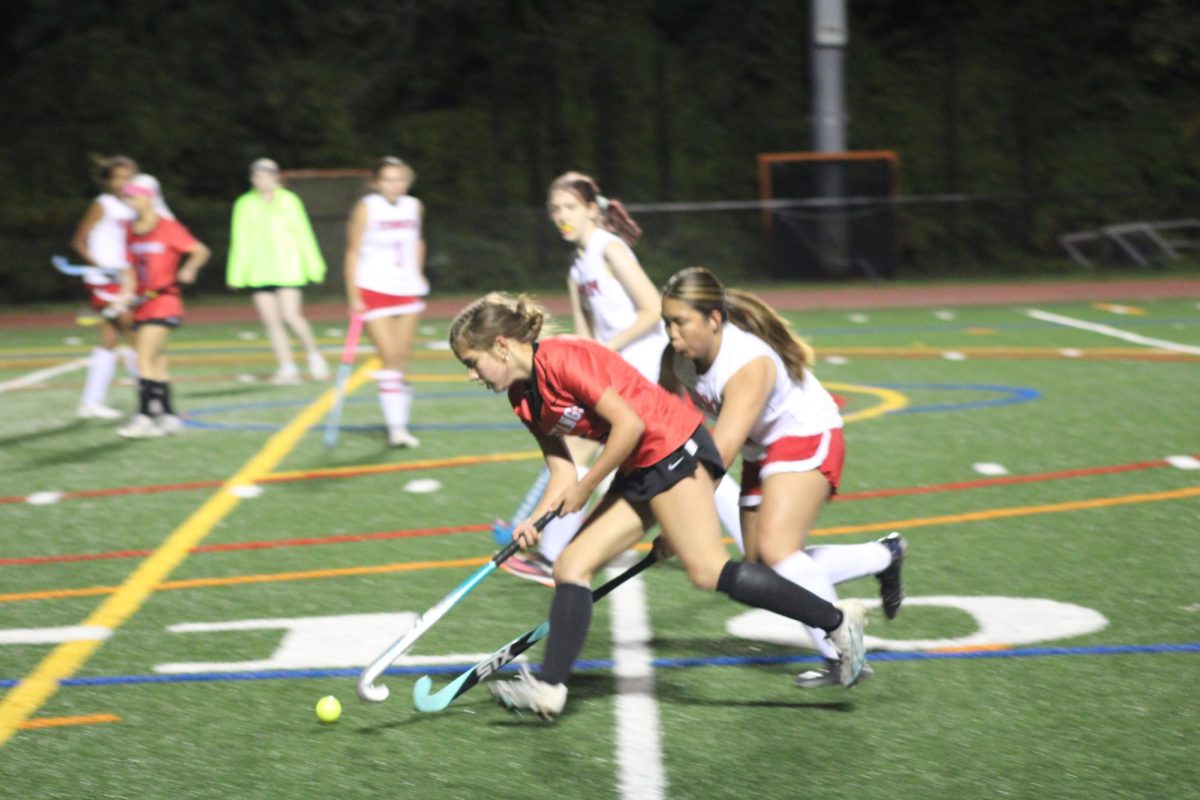What makes a book banned? Emily Drabinski, the president of NPR defines this: “A ‘book ban’ is the removal of a title from a library because someone considers it harmful or dangerous.”
In public schools around the U.S., 10,000 books have been banned just in 2023-2024 for violence, profanity, LGBTQ+ topics, graphic contents, racism, and many more controversial topics.
Books such as “Dead End” by Jack Gantos, and “The Handmaid’s Tale” by Margaret Atwood are currently banned in all school districts like Hanover County, VA. It may not be long before other books in Virginia are banned as well.
Teachers have varied opinions on the topic, with some saying that book regulations should be based on age and maturity.
“I do believe there are certain books that are just not age appropriate for certain grade levels,” Ms. Soukanya Lai-Sobchack commented.
Many books have mature themes that are not appropriate for younger students.
“I think the content of the books in a school library should be based on age, maturity and what the students are ready to handle, as well as what their parents desire them to be exposed to.” Ms. Cynthia Thrush shared.
However, some believe that books are important to an education and that the decision to include certain books should be up to administrators.
“High school students should be able to read those books and form an impression on that content. That should be up to the school and be up to the people who make the curriculum.” Mr. Mark Deal pointed out.
As books are banned, the discussion of whether websites should be banned for inappropriate content is spreading as well. A 2023 Texas law examines how online sexual content will need age verification via government issued ID to prohibit minors from viewing inappropriate content.
The law was less than popular. The American Civil Liberties Union stated, “The law even puts educational websites that include sex ed materials or information about LGBTQ identities at risk.”
This is another topic that has many perspectives.
“Who’s to say, if [inappropriate content] is not okay, then it starts, you know? Trickling down to free speech not being okay. So I do think that it sets a precedent for other information being banned” Ms. Lai remarked.
On the other hand, some think that book bans will not lead to other restrictions or censoring.
“I don’t think that banning will necessarily lead to banning more books,” Ms. Thrush commented.
Another issue is who should be able to decide what books get banned, or whether it be up to the community. Currently, it’s decided by school boards, administrators, teachers, and politicians.
“I think what matters is what books should or should not be provided for students, should be voted upon. Maybe by the school board or by members of the community,” Ms. Thrush explained.
Every day books are challenged to ban either by containing graphic content or not being suitable for teenagers or children to read. It’s still a new topic and there’s no correct answer or solution to the problem.










